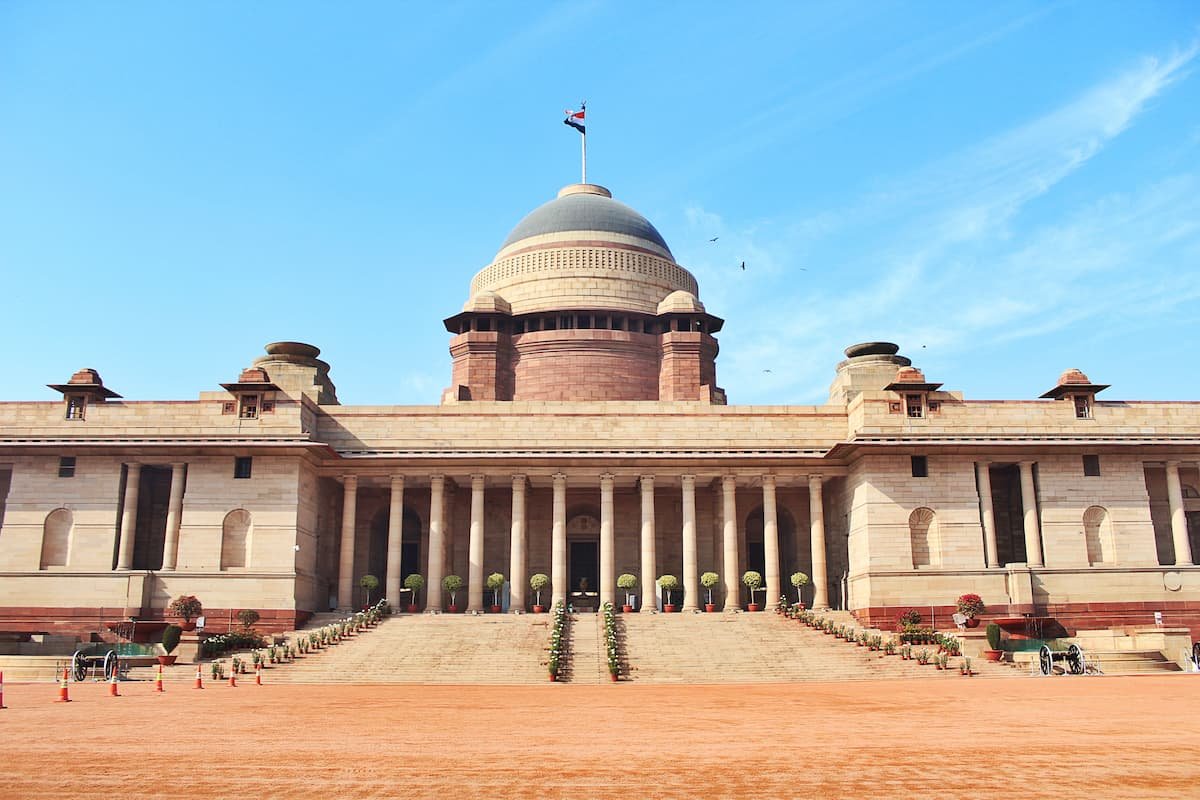
People are eager to know who would be the 17th president of India. Ram Nath Kovind is expected to be the mandatory president at the time of the election. Article 56 of the Constitution of India provides that the President of India shall remain in office for five years. The Election Commission is set to announce the schedule for polls to elect the next President of India at 3 pm today. President Kovind’s term ends on July 24. The declaration comes just a day before polls are held to fill 57 vacant Rajya Sabha seats across 15 states.
The members of the Electoral College elect the President, comprising elected members of both houses of Parliament, and elected members of the legislative assemblies of all states, including the National Capital Territory of Delhi and the Union Territory of Puducherry. How the President of India is elected. A President in India is elected by the members of the Electoral College consisting of elected members of both the houses — Lok Sabha and Rajya Sabha.
The Electoral College for the presidential election comprises the 776 MPs of the Lok Sabha (543) and Rajya Sabha (233), as well as MLAs of state Assemblies and the Union Territories of Delhi and Puducherry. The total votes are counted because of their value, which varies from state to state, with an Uttar Pradesh MLA carrying the highest value, followed by Maharashtra and West Bengal.
President of India Ram Nath Kovind is an Indian Politician who is serving as the 14th and current President of India since July 25, 2017. President Ram Nath Kovind is a member of the Bharatiya Janata Party and is also the first person from Uttar Pradesh to serve as the President. Before his presidency, Ram Nath Kovind served as the 26th Governor of Bihar from 2015 to 2017 and as a Member of Parliament, Rajya Sabha from 1994 to 2006.
Along with the President, a new Vice-President will also be selected. The BJP, along with its partners, has a comfortable majority in the presidential Electoral College comprising MPs of both Houses of Parliament and MLAs of all state assemblies. The BJP-led NDA also commands the required majority in two houses of Parliament to elect the next Vice-President. New Delhi’s political circles are buzzing with discussions on the choices for the next occupant of the Rashtrapati Bhavan.
No President, with the sole exception of first President Rajendra Prasad, has got a second term in office. Many names are mentioned, but they always added a caveat that nobody knows the mind of Prime Minister Narendra Modi, who alone will finalise candidates for the two top constitutional offices of the Indian republic. The Prime Minister has pulled out a surprise every time a top appointment was made and proved all speculations and guesses wrong.
Nitish has been upset with the BJP for some time and has been moving closer to Lalu Yadav’s RJD. While the BJP appears on solid ground in the presidential elections, there’s also a move to field an opposition candidate with the support of NDA ally and Bihar chief minister Nitish Kumar. Though Kumar has given no hint of supporting a non-NDA candidate, leaders such as Mamata Banerjee and K Chandrashekhar Rao are trying to engage him through back channels and offering to support his choice of candidate.
In the current round of the Rajya Sabha election for 57 seats, polling for which is scheduled on June 10, the most interesting contest is the one in Haryana between Congress leader Ajay Maken and media baron Kartikeya Sharma. These two candidates are distant relatives. Ajay Maken’s uncle Lalit Maken was the son-in-law of former President of India Shankar Dayal Sharma. Kartikeya’s uncle was married to a daughter of Shankar Dayal Sharma. Maken and Kartikeya frequently get together at family functions but are pitted against each other. Kartikeya is the son of Vinod Sharma, who was a minister in Bhupinder Singh Hooda’s government in Haryana and was considered Hooda’s closest friend. Hooda had brought this hotelier friend from Chandigarh and given him a Congress ticket from Ambala and then made him a minister.
To win this Rajya Sabha seat, a candidate requires 31 votes. Congress has exactly 31 MLAs in the state Assembly. The BJP has 40. After electing its candidate with 31 votes, the BJP will have nine surplus votes. The party has committed these votes to Kartikeya. BJP’s partner in the state government, the Jannayak Janata Party (JJP) of deputy chief minister Dushyant Chautala has 10 MLAs. The JJP has been the prime sponsor of Kartikeya. Then there is one vote each for Abhay Chautala and Gopal Kanda. These two votes are also likely to go to Kartikeya. This takes Kartikeya’s total support to 21. The fight is for the seven independents. The state government, BJP and Vinod Sharma are together trying to win over these seven independents, besides some Congress MLAs with an offer of a ticket in the upcoming state elections.
Source: Various news agencies

